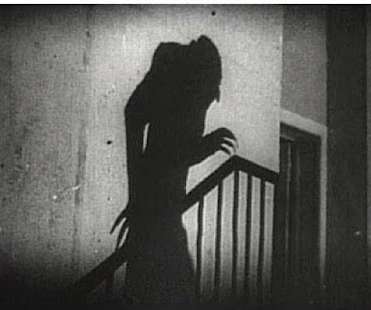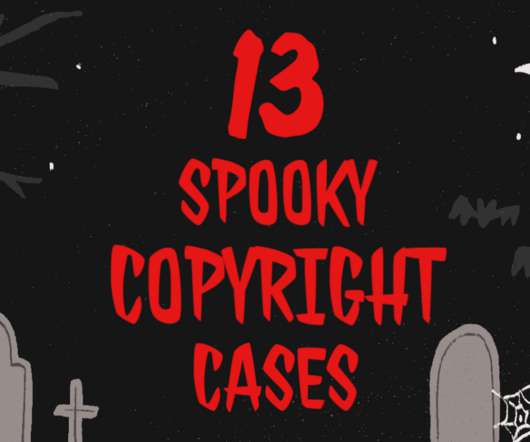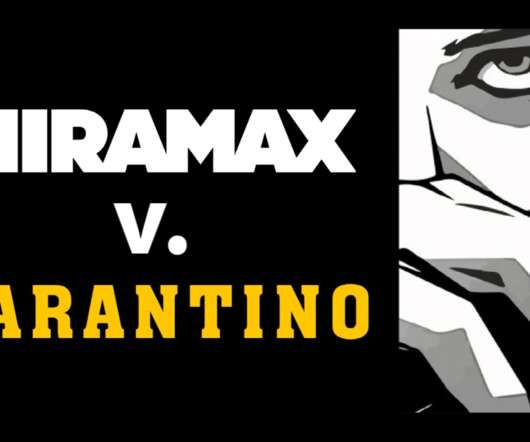When a vampire not called Dracula bested the copyright system, and what it tells us about derivative works
The IPKat
APRIL 8, 2022
The tale of Nosferatu shows the sometimes-uneasy relationship between copyright protection and the making of derivative works. The movie had entered cinema oblivion. It risks being a hackneyed truism—the purpose of copyright law is to encourage the production of original creative works.











Let's personalize your content